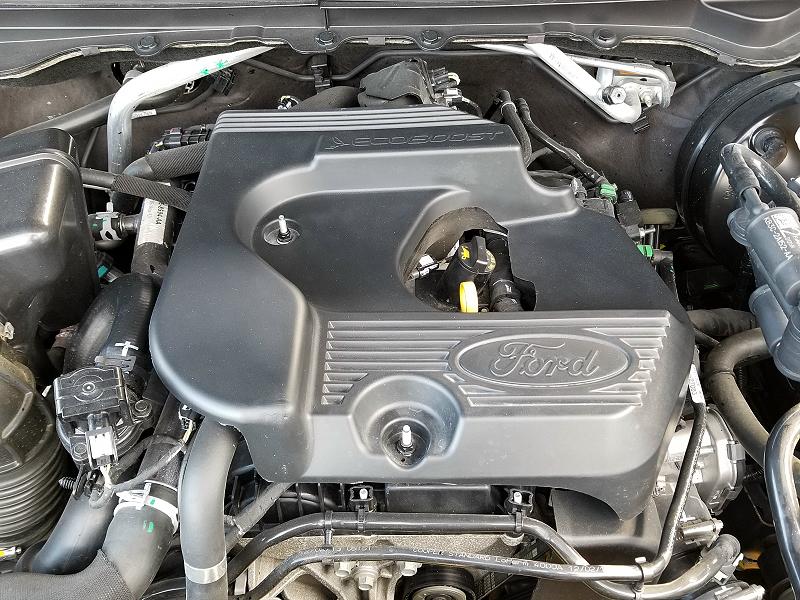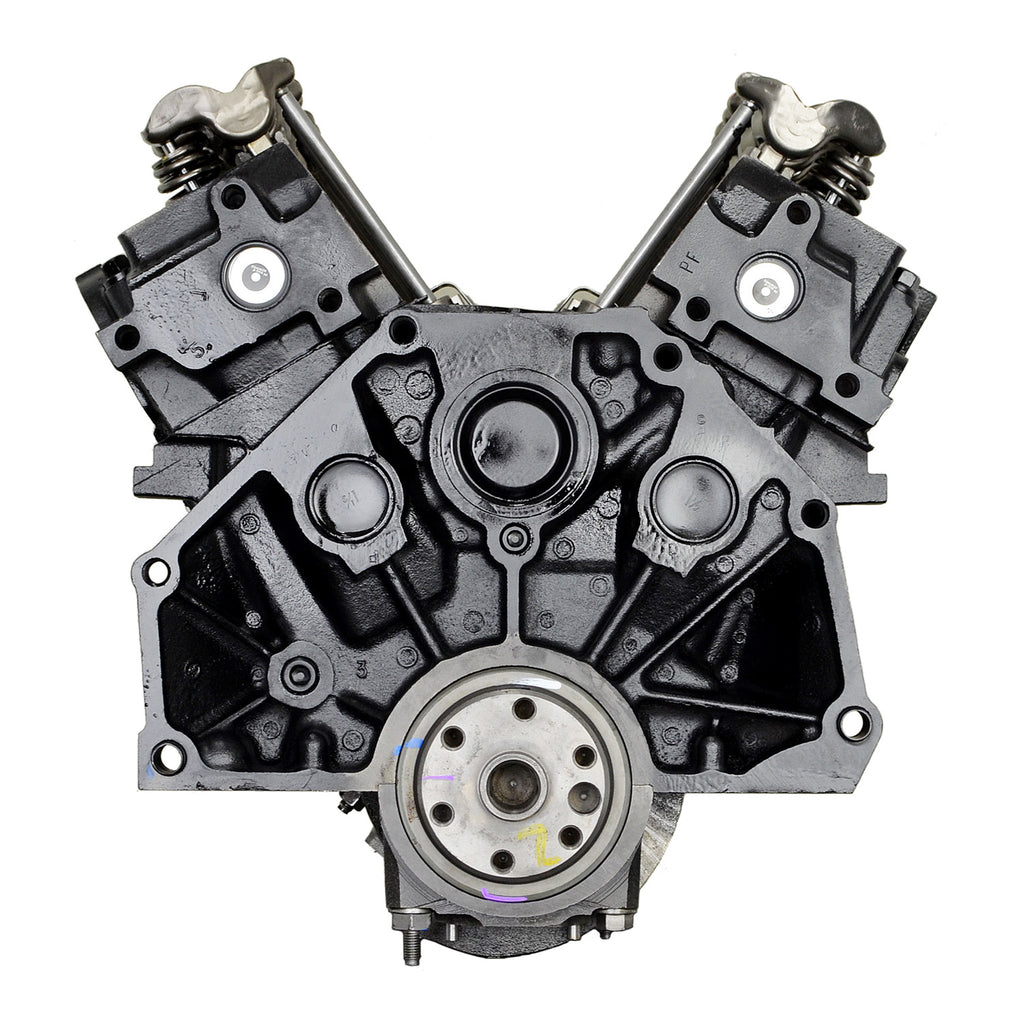What Makes a Car Engine Run Smoothly: Top Tips for Ideal Treatment
The smooth operation of a car engine is basic to both performance and longevity, making ideal care an essential duty for car owners. Secret techniques, such as regular oil adjustments, keeping coolant degrees, and monitoring air filters, are essential yet commonly neglected. Moreover, the value of evaluating ignition system and making sure correct tire stress can not be underrated. Comprehending how these components adjoin can improve not just the efficiency of your vehicle yet additionally your total driving experience. What certain actions should you prioritize to guarantee your engine stays in peak problem?
Regular Oil Changes
One of the most critical aspects of automobile upkeep is guaranteeing your engine obtains routine oil modifications. Engine oil lubes interior elements, minimizes friction, and aids maintain ideal operating temperature levels. With time, oil deteriorates due to warm, contaminants, and the all-natural byproducts of combustion, leading to minimized performance and potential engine damages.
The majority of manufacturers recommend altering the oil every 5,000 to 7,500 miles, yet this period can differ based on driving problems and oil kind. Artificial oils may allow for longer periods between changes. Normal oil adjustments not just enhance engine performance but likewise boost fuel effectiveness, as clean oil advertises smoother procedure.
Ignoring oil changes can cause sludge accumulation, which impairs flow and can result in serious engine concerns. It is crucial to inspect oil levels regularly and keep an eye on for any type of uncommon changes in color or uniformity, which can indicate contamination or degradation.

Preserving Coolant Levels
Preserving appropriate coolant levels is essential for stopping engine getting too hot and guaranteeing ideal performance. The coolant, typically a blend of water and antifreeze, distributes via the engine, taking in heat and preventing thermal anxiety. Inadequate coolant can result in boosted engine temperature levels, which might cause extreme damages or even overall engine failing.
To maintain optimum coolant levels, frequently check the coolant storage tank, typically located in the engine bay. Make certain the coolant is filled up to the suggested mark, as suggested in your car's owner guidebook. It is advisable to check the degrees at least as soon as a month or eventually journeys, specifically throughout extreme climate conditions.
If you notice that the coolant level is regularly low, there may be a leakage in the air conditioning system, which should be resolved immediately to avoid additional difficulties. 2.2 ford ranger engine. Additionally, flushing the coolant system every a couple of years can assist remove any kind of accumulated particles and ensure effective heat exchange
Checking Air Filters

It is recommended to inspect the air filter every 12,000 to 15,000 miles, or a lot more regularly if driving in negative or dirty conditions. A straightforward aesthetic evaluation can often reveal whether the filter is filthy or harmed. If the filter shows up stained or has noticeable dirt accumulation, it ought to be replaced promptly.
Making use of a top quality air filter made for your specific vehicle design can even more boost engine performance. Furthermore, some cars may take advantage of recyclable filters that can be cleaned up and reinstalled, providing a affordable and ecologically friendly alternative.
Inspecting Spark Plugs
Glow plugs are necessary elements of a car's ignition system, straight impacting engine efficiency and effectiveness. They develop the trigger that stirs up the air-fuel combination in the burning chamber, assisting in the engine's power generation. Normal inspection of ignition Our site system is critical for keeping optimal engine function and stopping potential issues.
Dark residue or oil deposits can show improper combustion, while a white or raw look may recommend overheating. Both conditions require immediate attention to prevent more engine damage.
It's recommended to inspect spark plugs every 30,000 miles, or as recommended in your lorry's proprietor guidebook. Additionally, think about changing them according to the producer's standards, as worn or old ignition system can bring about misfires, decreased gas efficiency, and boosted discharges.
Tracking Tire Pressure
Under-inflated tires can lead to decreased fuel effectiveness, enhanced tire wear, and jeopardized handling. Routine tracking of tire stress is crucial for optimal automobile procedure.
Tire pressure ought to be inspected at the very least once a month and soon journeys. Use a reputable tire pressure scale to measure the stress when the tires are cool, ideally prior to the car has actually been driven for a minimum of three hours. Describe the automobile's proprietor guidebook or the placard located on the chauffeur's side door jamb for the manufacturer's suggested stress levels.
It is necessary to note that tire pressure can change with modifications in temperature; a drop of 10 ° F can cause a 1-2 psi decline in pressure. Additionally, aesthetically check tires for any kind of indicators of wear or damage during your surveillance routine. Keeping correct tire stress not just improves lorry safety and security yet likewise improves gas performance and prolongs tire life, ultimately adding to a smoother engine efficiency.
Conclusion
In verdict, maintaining an automobile engine's smooth procedure requires thorough attention to a number of crucial elements. Ultimately, a positive approach to engine care is essential for guaranteeing dependability and performance over time.
One of the most important facets of vehicle maintenance is ensuring your engine gets regular oil changes. Engine oil lubes interior elements, lowers rubbing, and helps preserve ideal operating temperatures. Normal oil modifications not only enhance engine performance however likewise enhance gas efficiency, article as clean get more oil promotes smoother operation.
Inadequate coolant can lead to increased engine temperatures, which may trigger serious damages or also overall engine failing.
